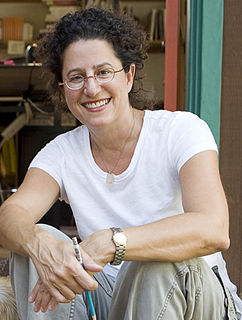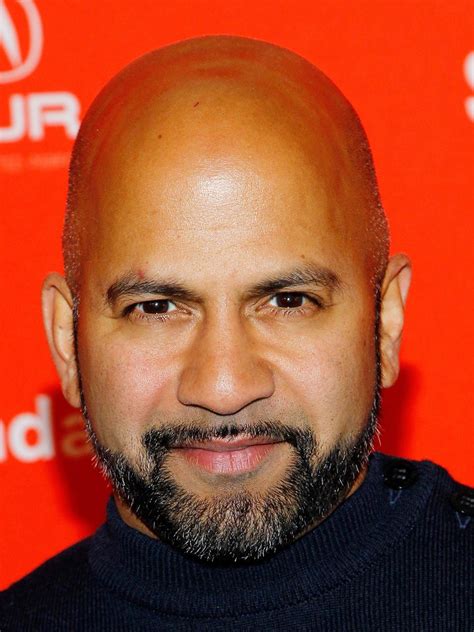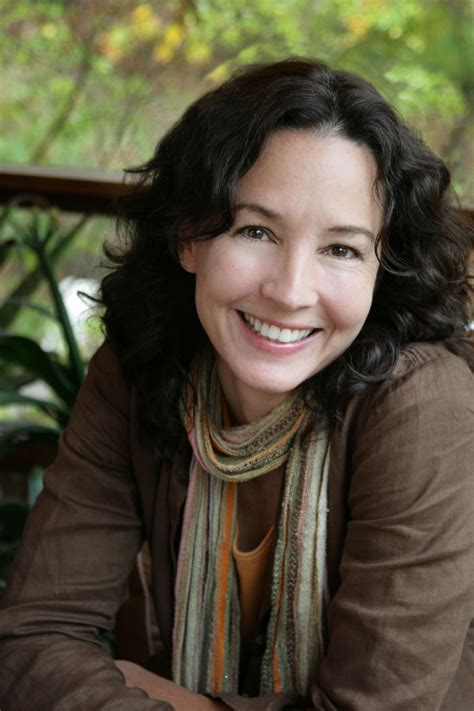A Quote by Sarah Pinborough
The only rule I have in how I let characters tell stories is that they must always tell the reader their version of the truth. No one likes being outright lied to, even in fiction.
Related Quotes
Some stories, she’d say, the more you tell them, the faster you use them up. Those kind, the drama burns off, and every version, they sound more silly and flat. The other kind of story, it uses you up. The more you tell it, the stronger it gets. Those kind of stories only remind you how stupid you were. Are. Will always be.
What I had to do was learn how to tell stories with my pictures. At first I didn't even know what that meant because I thought I was already doing it. After all these years of drawing stories and trying to teach it, I think it boils down to a pretty simple rule: it takes time to get to know the characters in a book and the world they inhabit. My first sketches are always horrible. Stereotypical. Contrived. Generic. I have to put in the time in order to deepen them and have it all mean something.
How often I have tried to tell writing students that the first thing a writer must do is love the reader and wish the reader well. The writer must trust the reader to be at least as intelligent as he is. Only in such well wishing and trust, only when the writer feels he is writing a letter to a good friend, only then will the magic happen.
The most difficult part of writing a book is not devising a plot which will captivate the reader. It's not developing characters the reader will have strong feelings for or against. It is not finding a setting which will take the reader to a place he or she as never been. It is not the research, whether in fiction or non-fiction. The most difficult task facing a writer is to find the voice in which to tell the story.
Humans are kind of story-propagating creatures. If you think of how we spend our days, think of all the time you spend on entertainment. How much of your entertainment centers around stories? Most pieces of music tell stories. Even hanging out with your friends, you talk, you tell stories to each other. They're all stories. We live in stories.
All we are, all we can be, are the stories we tell," he says, and he is talking as if he is talking only to me. "Long after we are gone, our words will be all that is left, and who is to say what really happened or even what reality is? Our stories, our fiction, our words will be as close to truth as can be. And no one can take that away from you.
It`s always been the same for me. I`ve always enjoyed acting, and I really love good actors; they`re such unique characters. I wish I could tell stories well, or tell a joke. Any time someone can do that it`s so satisfying. Sean Penn, for instance, is a really good actor, and he can tell a good joke or story. But it`s hard to do. Most actors have special talents that make them attractive, but they`re often odd characters.





































